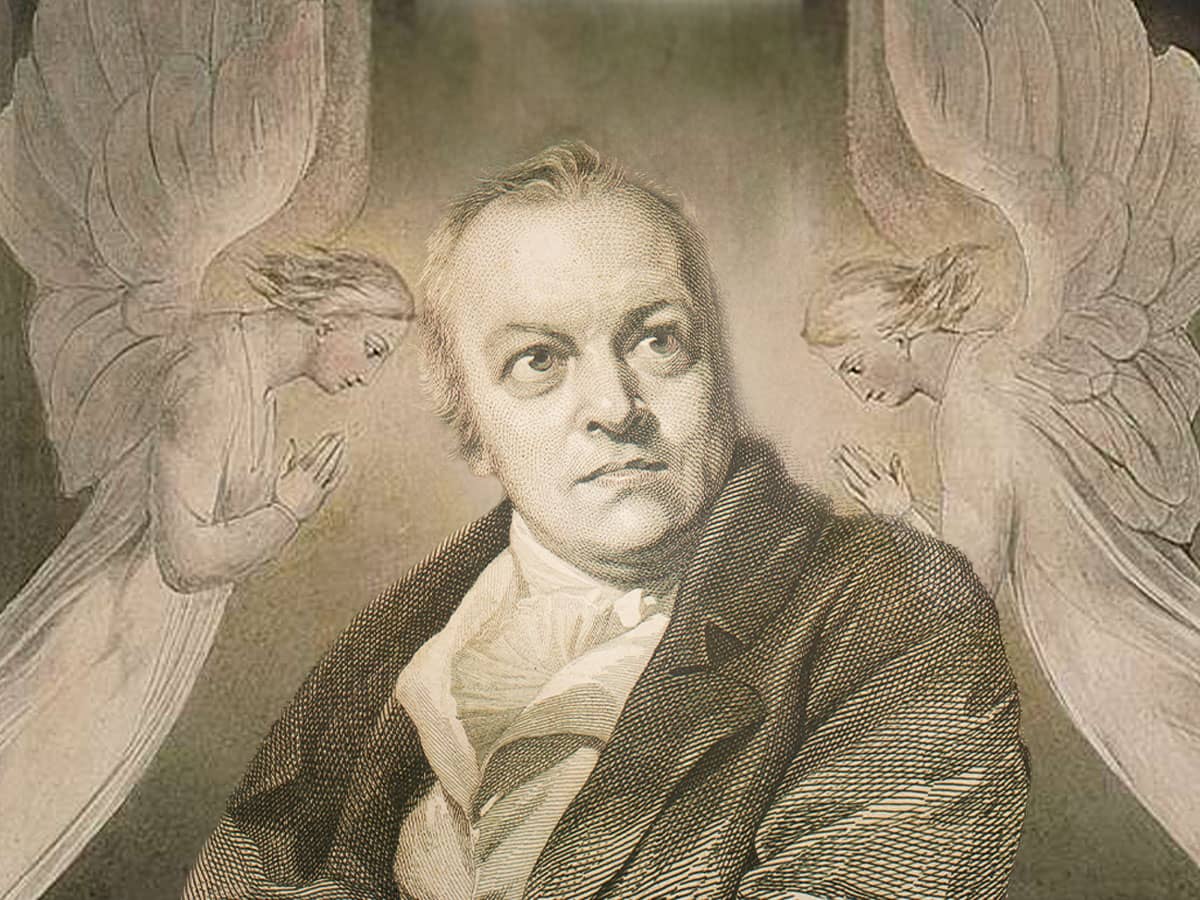As the mother of a drug addict, Marta felt hopeless. The odds that her teen-age daughter would abandon her addiction and her lifestyle seemed unlikely. According to the specialists in Sicily, where the family lives, young, pretty, female addicts were the least likely people to stop taking drugs, especially heroin, "the tyrannical lover who never lets you go," Marta says. She does not remember many particular events during that painful time, but she does know that it was a very low point in her life. The family had tried everything they knew, but the teenager had left home, and was living on the streets.
One Monday evening, Marta was dismissing her catechism class, held in the Mother Church of Mascalucia, a town on the slopes of Mount Etna. The students were gathering papers, chatting with one another and leaving their seats at the foot of a huge crucifix at the left hand side of the alter. Marta looked up at the cross, then at her favorite, a statue of St Michael the Archangel in mighty combat with the Dragon. How she wished the angel could do battle for her daughter as well.
Just then she noticed a young man at the foot of the statue. He seemed to be waiting for something. As the last child straggled down the aisle, the man came forward to Marta.
"He introduced himself, but of course I immediately forgot his name," Marta says. "Then he mentioned that he was going to a famous detox center the following day and needed something to eat." Marta looked at him. Tall and thin, with fine features. Dressed very neatly in a short-sleeved shirt, tucked into a newly-pressed pair of jeans. "But it was his eyes, piercing and bright of an intense blue, which seemed to read into my soul," Marta says. "Blue eyes are not considered Sicilian features."
He hardly looked like an addict.
Read more on page 2 >>
| _Related Features | |
|
|
|
 |
The young man agreed. And as the two began to walk to the church exit, Marta felt tears filling her eyes. She had told very few people of her heartache, her hopelessness. And yet this man seemed as if he would understand. "I am a very emotional person normally, and of course, the worry over my daughter had upset me even more," Marta says. As tears spilled down her checks, she poured out her frustration and sorrow.
By now they were at the church door. Marta was winding down, reaching for tissue to dry her eyes. The young man had listened intently, but now he spoke. "Your daughter is going to recover," he said. "She will be fine, but you must send her to a specialized center, where she will receive the right help. Will you do that?"
"Why...yes." Marta nodded. The next thing she knew, her companion was striding away from her. Had he forgotten the snack she promised to buy? Had he truly needed anything from her, or had he been send to give her what she needed?
"I never saw this man again," she says. But her desperation had gone, and hope had returned. Had he been an angel? (They must certainly be in detox centers.) Who knew? But the Lord had obviously sent him to console her, to give her direction, and that was all she needed.
"Every time I remember this encounter, I am still moved to tears," Marta says. "But today they are happy tears." For her daughter is the contented mother of a toddler, whose name is also Marta. And she no longer takes drugs.
| _Related Features | |
|
|
|
 |

